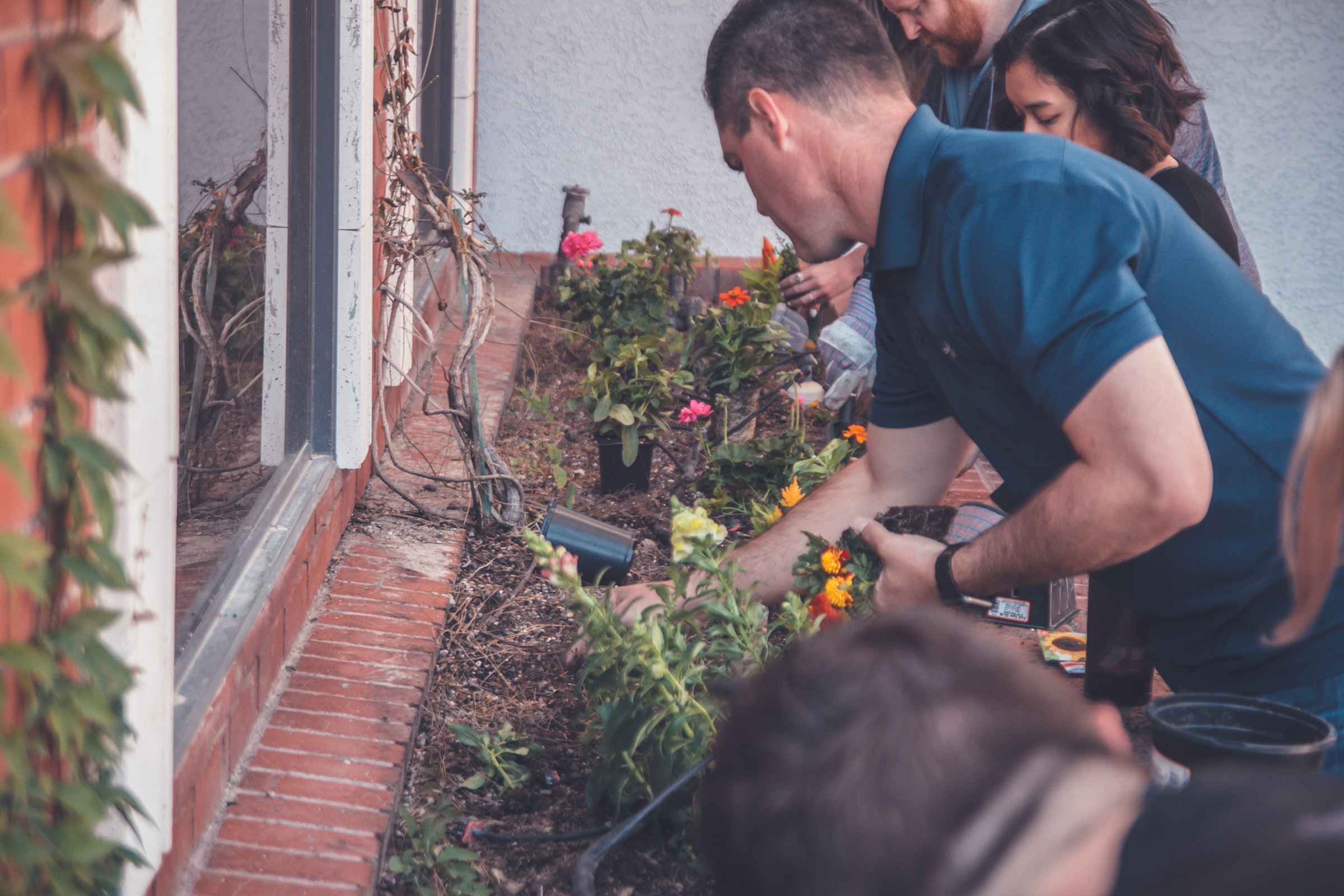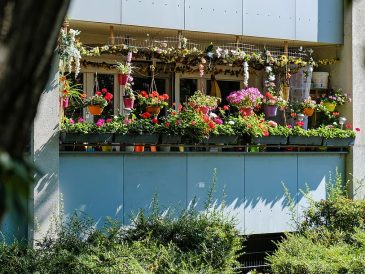The garden is dedicated to well-being and relaxation. Young and old alike spend pleasant moments there in summer and winter, which is one of the major reasons this green space must be well maintained throughout the year. Besides, the good health of the plant species and the value of the property in which the garden is located depend on it. Maintenance work should therefore be carried out regularly, among the lot: weeding. The fight against weeds is recurrent whereby the use of baking soda is common.
Why Weeding?
Weeding limits the development of weeds that gradually invade the lawn, the flower bed, or the vegetable garden. This operation is crucial to remove quackgrass, wild mustard, bindweed, dandelion, matricaria, wild oats, and others.
– Weed control is necessary to improve the growth and production of plants and flowers, and plants need to grow in better conditions. That is why weeds that feed on soil resources must be removed; their presence prevents the development of plant roots in the area concerned.
– Weeding is also done for aesthetic purposes. It is common to find weeds in inappropriate areas: between driveway pavers, gravel, terraces, and balconies.
– Weed control is the ideal solution to reduce or even prevent the spread of harmful species.
Private individuals and gardeners are looking for accessible alternatives, i.e., practical techniques adapted to any garden.
Why Use Baking Soda?
Baking soda (pharmaceutical or food grade) has always worked wonders in our daily lives, and its effectiveness in the fight against weeds has been proven.
Use it to sprinkle weeds directly on small walkways, patio slabs, paving stones, and wall bases. Moisture is the main factor that allows the bicarbonate grains to dissolve and kill the weeds. Therefore, dew and a rainy day are essential.
This 100% natural weed killer is known to be simple to use and effective in putting an end to the presence of weeds. It is harmless and biodegradable, and in addition, it does not require a substantial investment.
However, it is necessary to be meticulous on the dosage in order not to acidify the ground. Note 20 g per m².
Notes:
* Baking soda powder (250 g) is mixed with white vinegar (50 ml) and water (1 L). A grandmother’s recipe to sprinkle on unsightly weeds.
* Baking soda is not recommended for flower beds and lawns.
There are other alternatives for weed control: mulching, geotextile felt, weedkiller based on pelargonic acid or acetic acid, potato or pasta cooking water, solarization, hoeing or hoeing, and others. These tips are within reach of everyone.
You can always call on a gardener for more efficiency and to save time.
At the end of the operation, you must get rid of the green waste, and this will avoid visual pollution and especially bad odors due to their degradation.
On this subject, regulations must be respected:
- Do not throw them in the household waste bins.
- Do not clutter the bins with vegetable waste.
- Ask for municipal authorization to store green waste of a volume of more than 5m3 others.






1 Comment
[…] keep weeding from becoming too strenuous, I recommend that you do maintenance frequently so that it […]